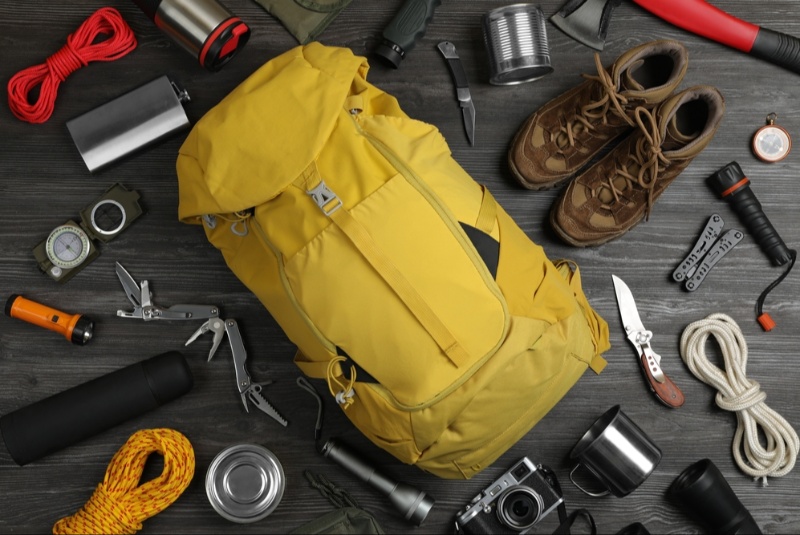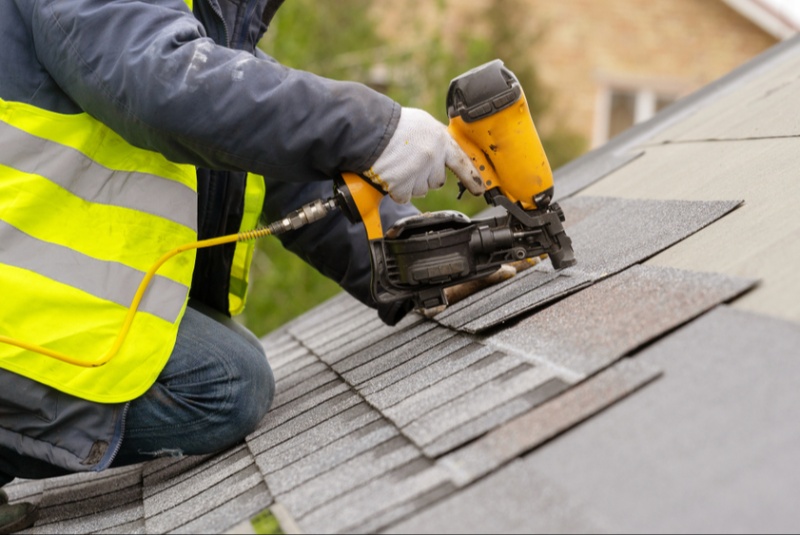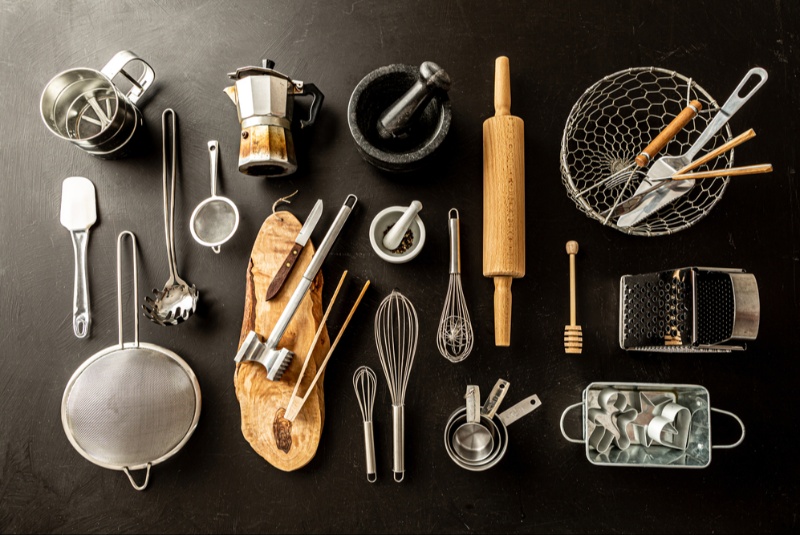Embarking on a camping adventure requires careful consideration of the gear you bring along. The right camping equipment can make the difference between a comfortable, enjoyable outdoor experience and a challenging one. From tents and sleeping bags to cooking utensils and navigation tools, choosing the perfect camping gear is essential. In this comprehensive guide, we'll explore the key factors to keep in mind when selecting camping equipment to ensure a memorable and stress-free outdoor experience.
Understanding Your Camping Style: Tailoring Gear to Your Needs
Camping comes in various forms, from car camping at established sites to backcountry backpacking adventures. Understanding your preferred camping style is crucial for selecting gear that aligns with your needs and enhances your overall experience.
1. Car Camping vs. Backpacking
Consider whether you'll be car camping or backpacking, as this will significantly impact the type and quantity of gear you can bring. Car camping allows for more extensive and comfortable equipment, while backpacking requires lightweight and compact gear suitable for long treks.
2. Season and Climate
The season and climate of your camping destination play a vital role in gear selection. A summer camping trip in a warm climate requires different equipment than a winter camping expedition in a cold and snowy environment. Ensure your gear is appropriate for the expected weather conditions.
3. Group Size and Dynamics
The size and dynamics of your camping group influence gear choices. Larger groups may require larger tents, more cooking equipment, and additional sleeping arrangements. Consider the needs and preferences of everyone in your group to ensure a harmonious camping experience.
Shelter: Finding the Right Tent
Your tent is your home away from home when camping, providing shelter and protection from the elements. Selecting the right tent involves considering factors such as size, weight, and features.
1. Tent Capacity
Choose a tent with a capacity that accommodates your camping group. Tents are typically labeled with a specific occupancy, but it's wise to opt for a larger size than the number of people in your group for added comfort and space for gear.
2. Tent Weight and Packability
For backpacking trips, prioritize lightweight and compact tents that can easily fit into your backpack. Car campers have more flexibility in terms of tent weight and can opt for larger, more feature-rich models.
3. Seasonal Suitability
Tents are categorized by seasons, indicating the conditions they are designed to handle. A three-season tent is suitable for spring, summer, and fall, while a four-season tent is designed for winter camping. Choose a tent that aligns with the seasons and weather you anticipate encountering.
Sleeping Gear: Comfort for Restful Nights
Quality sleep is essential for an enjoyable camping experience. Choosing the right sleeping gear involves selecting a comfortable sleeping bag and a suitable sleeping pad.
1. Sleeping Bag Temperature Rating
Sleeping bags come with temperature ratings indicating the lowest temperature at which they can keep you warm. Consider the expected nighttime temperatures of your camping destination and choose a sleeping bag with an appropriate rating.
2. Sleeping Bag Shape and Size
Sleeping bags come in various shapes, including mummy, rectangular, and semi-rectangular. Mummy bags are more form-fitting and efficient for retaining heat, while rectangular bags offer more room to move. Choose a shape and size that suits your preferences and provides the right balance of comfort and warmth.
3. Sleeping Pad Comfort
A good sleeping pad provides insulation from the cold ground and adds an extra layer of comfort. Choose a sleeping pad with the right thickness and insulation for your camping conditions. Inflatable pads are lightweight and packable, while foam pads offer durability and simplicity.

Camp Kitchen: Cooking Essentials
Eating well is a crucial part of the camping experience, and having the right cooking equipment makes meal preparation enjoyable and efficient.
1. Camp Stove and Fuel
Choose a camp stove that suits your cooking needs. Backpackers may opt for lightweight and compact backpacking stoves, while car campers can consider larger and more versatile options. Ensure you have an adequate supply of fuel for your stove.
2. Cookware and Utensils
Select durable and lightweight cookware suitable for your camping style. Non-stick pots and pans are convenient for cooking and cleaning. Don't forget essential utensils like a spatula, cooking spoon, and a sharp knife.
3. Food Storage and Cooler
Proper food storage is essential to prevent spoilage. Bring a cooler for perishable items and choose airtight containers for non-perishables. Consider the duration of your camping trip when planning food storage and cooling solutions.
Navigation and Safety: Essentials for Outdoor Exploration
Staying oriented and safe in the great outdoors requires the right navigation tools and safety equipment.
1. Map and Compass
Even in the age of GPS, having a map and compass is crucial for navigation, especially in areas with limited or no signal. Familiarize yourself with the terrain and plan your routes in advance.
2. First Aid Kit
A well-equipped first aid kit is a must for any camping trip. Include essential items like bandages, antiseptic wipes, pain relievers, and any necessary prescription medications.
3. Lighting and Fire-starting Tools
Ensure you have reliable lighting sources such as headlamps or flashlights, along with extra batteries. Additionally, carry fire-starting tools, such as waterproof matches or a fire starter, for emergencies and cooking.
Clothing and Footwear: Dressing for Outdoor Comfort
Choosing the right clothing and footwear contributes to your comfort and protection in various weather conditions.
1. Layered Clothing
Pack layered clothing to adapt to changing temperatures. Include moisture-wicking base layers, insulating mid-layers, and weather-resistant outer layers. A waterproof jacket is essential for unexpected rain.
2. Durable Footwear
Invest in sturdy and comfortable hiking boots or shoes suitable for the terrain of your camping destination. Ensure they are broken in before your trip to prevent blisters and discomfort.
3. Weather-Appropriate Accessories
Pack weather-appropriate accessories such as hats, gloves, and sunglasses. These items provide protection against sun, wind, and cold weather, enhancing your overall outdoor experience.
Crafting Your Perfect Camping Experience
Selecting the perfect camping gear involves a thoughtful consideration of your camping style, shelter needs, sleeping gear, camp kitchen essentials, navigation and safety equipment, and appropriate clothing and footwear. Whether you're a seasoned camper or embarking on your first outdoor adventure, the right gear enhances your comfort, safety, and overall enjoyment of the natural surroundings. Take the time to research and invest in high-quality equipment that aligns with your preferences, and craft a camping experience that leaves you with lasting memories of the great outdoors.




